Alexandria Ocasio-Cortez’s stunning victory in the primary race for New York’s fourteenth Congressional district heralds the rise of a political voice for the dignity of each individual. “It is about championing the dignity of our neighbors,” she states on her webpage.
Her victory is not only an upset of the Democratic establishment in the House—it is potentially a transition to a new moment in American political discourse.
Ocasio-Cortez’s emphasis on the dignity of each person is simultaneously a reaffirmation of the centrality of the individual, individual rights, liberty, and freedom in American political history as well as an embrace of a social fabric in which respect, trust, fairness, and responsibility loom large.
America has long-championed individualism as the foundation of our democracy and the free market economy. Such values form not only the bedrock of conservativism, but also the pillars of the post-World War II global order, which is under assault from a backlash against globalization and the rise of populist nationalism, both here and abroad.
By highlighting individual dignity and the dignity of our neighbors, Ocasio-Cortez is advancing a new social value—one which sees the individual as both a solitary being with certain inalienable rights and as a citizen and member of society. This duality could de-polarize American politics by introducing 21st century social values into today’s political discourse while upholding long-held individualist values.
The tension between individualist and communitarian values has fostered binary choices between American conservatives and liberals, the market and the state, right versus left, red versus blue, and “us” versus “them”. This dichotomy assumes a left to right continuum in which compromise in the middle is the modality for public choice. The idea of binary choices on the spectrum from left to right is threatening our democracy.
We would do well to recall that, over the course of U.S. political history, conservatives and liberals have borrowed selectively from each other’s traditions—indeed, there are many instances where thought streams crisscrossed and created more complex political dynamics than an “either-or” mindset allows.
What is at issue and more starkly evident in the 21st century is that the individual is vividly embedded in the social fabric and is connected with neighbors, near and far. This web of engagements and entanglements in our globalized era invites a new outlook, one that embraces complexity, contradiction, and conflicting viewpoints. Those with such open mindsets can adopt blended mixes of contrarian perspectives to reach inclusive agreements about the way forward rather than simplistic middle ground compromises.
The key is that Ocasio-Cortez founds her formulation on both the idea of the individual and social responsibility.
The truth is that individualist values of liberty, property rights, freedom and sovereignty worked well in the 20th century as the foundations of competition, free markets, democracy and the nation-state. Yet today, well into the 21st century, globalization in the broadest sense has penetrated and transformed our individual lives in ways that make clear our inter-connectedness.
Today, we need to add to these bedrock American principles new values that embody and honor this connectivity, including by upholding respect for others, fairness for all, trust in one another and a sense of personal (and mutual) responsibility. Adding these social values to the American political discourse would help prioritize actions that could achieve greater social mobility, public access, economic security, and systemic sustainability.
These actions, which would seek blended, mixed economy, pluralistic approaches, could lead to better social outcomes from the market economy, greater social cohesion, more inclusive markets, less polarization, and greater effectiveness of policies, politics, and governance. These would restore confidence in markets, faith in institutions, and trust in government.
Thank you, Ocasio-Cortez for bringing America face-to-face with the new understanding we need and the new narrative required to transform American politics for the 21st century.
The Brookings Institution is committed to quality, independence, and impact.
We are supported by a diverse array of funders. In line with our values and policies, each Brookings publication represents the sole views of its author(s).
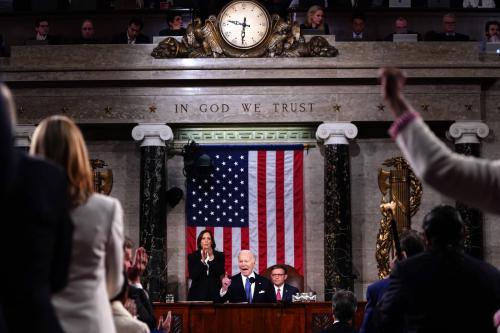


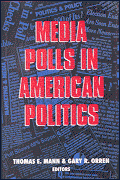
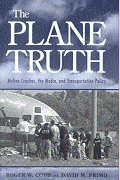
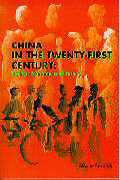
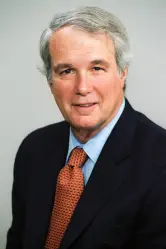

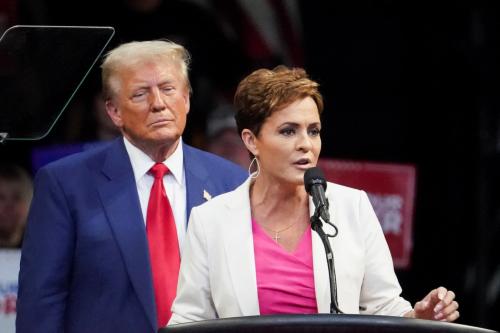
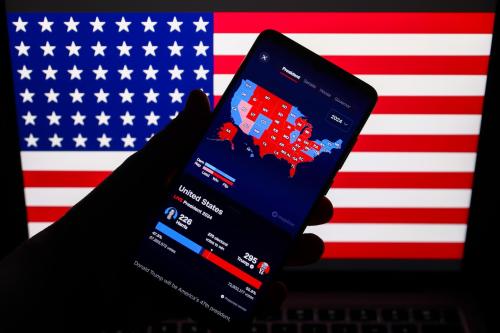
Commentary
Individual dignity, Alexandra Ocasio-Cortez, and the future of American politics
July 2, 2018